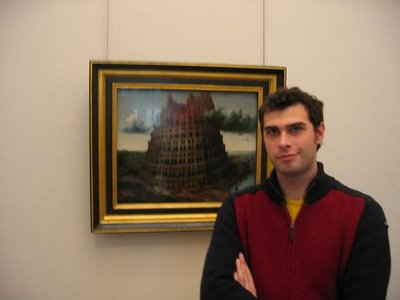Ennis of Troy
Notable gay author Andrew Holleran writes an excellent essay on Brokeback Mountain, now that the jokes have dulled. Among his many keen observations, he notes that author of the original story, E. Annie Proulx has said that the only men who would not go to this movie were those “insecure about themselves and their own sexuality.” In other words: “Jack and Ennis would have trouble with this movie.”
The “urban critics,” Proulx writes, dubbed this movie a tale of two gay cowboys. No. It is a story of destructive rural homophobia. Although there are many places in Wyoming where gay men did and do live together in harmony with the community, it should not be forgotten that a year after this story was published Matthew Shepard was tied to a buck fence outside the most enlightened town in the state, Laramie, home of the University of Wyoming.
Brokeback Mountain indicts both kinds of homophobia: the external and the internal. As awful as the homophobes are who litter the film (from their first boss, to the rodeo clown who rebuffs Jack’s offer to buy him a drink, to his father in the final scene), it’s equally about gay men’s self-censorship, their internalization of what is expected of a man. That’s why Heath Ledger’s character dominates the movie. One reason Ledger’s performance has been praised so much more than Gyllenhaal’s (though the latter’s is just as good) is that we’re with him at the end, and it’s his moment of self-recognition that provides the traditional climax of Greek tragedy—when the hero finally learns what his failure to see and understand has cost him and others.
Español | Deutsche | Français | Italiano | Português| Ch| Jp| Ko








0 Comments: